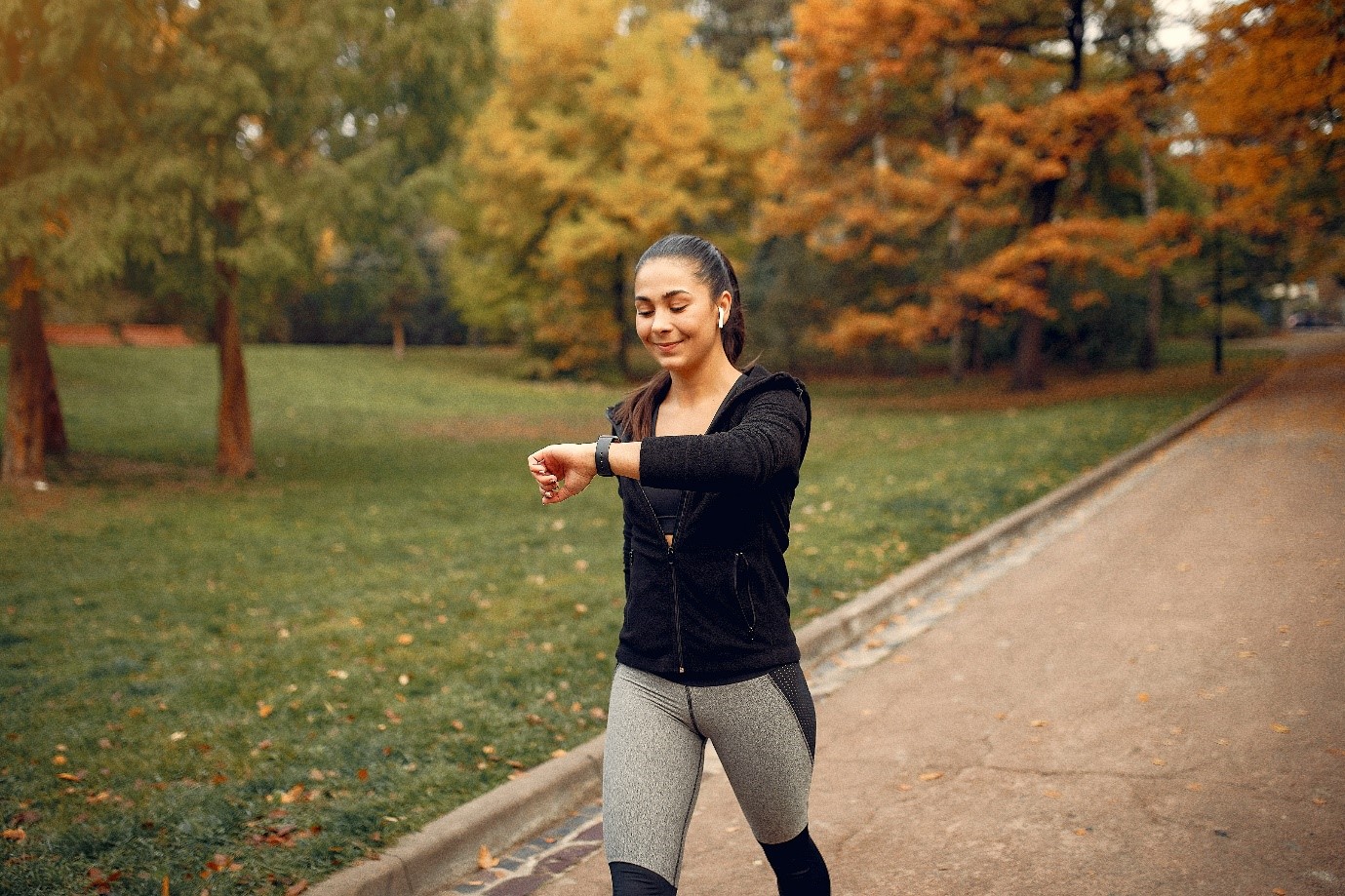Walking is one of the simplest, most accessible forms of exercise. With no equipment required and countless health benefits, a daily 20-minute walk can transform your overall well-being. This blog explores the many advantages of this easy yet effective activity.
- Boosts Cardiovascular Health
Walking is excellent for your heart. A brisk 20-minute walk improves blood circulation, reduces blood pressure, and strengthens your heart muscles. Studies show that regular walking can reduce the risk of heart disease and stroke.
Key Tip: Maintain a steady pace to get your heart rate up while still being able to talk comfortably.
- Aids in Weight Management
Walking burns calories, helping you manage your weight effectively. While a single 20-minute walk may not seem like much, consistent daily efforts add up, especially when paired with a balanced diet.
Calories Burned:
- A 20-minute brisk walk burns approximately 100 calories for an average person.
- Over a week, this can lead to a calorie deficit, promoting gradual weight loss.
- Improves Mental Health
Walking isn’t just good for the body—it’s great for the mind. A short walk outdoors reduces stress, anxiety, and depression. Exposure to natural light and fresh air enhances mood, and the rhythmic motion of walking promotes relaxation.
Why It Works:
- Walking releases endorphins, your body’s natural feel-good chemicals.
- It also reduces levels of cortisol, the stress hormone.
- Enhances Muscular Strength
A daily walk tones muscles, especially in the legs, hips, and core. It’s a low-impact exercise, making it ideal for people of all ages, including those recovering from injuries or with joint issues.
Pro Tip: Add slight inclines or stairs to your walking route to engage more muscle groups and increase strength.
- Supports Joint Health
Contrary to popular belief, regular walking can ease joint pain and stiffness. Movement increases the flow of nutrients to the joints, keeping them lubricated and reducing inflammation. It’s particularly beneficial for individuals with arthritis or other joint problems.
Reminder: Start slow if you have joint pain and choose comfortable, supportive footwear.
- Regulates Blood Sugar Levels
Walking after meals has been shown to improve blood sugar control. A 20-minute walk post-dinner can help your body use insulin more effectively, which is beneficial for managing or preventing Type 2 diabetes.
Tip for Diabetics: Walk consistently at the same time daily to regulate glucose levels better.
- Boosts Energy Levels
Feeling sluggish? A short walk is a natural energy booster. Unlike caffeine or sugary snacks, walking increases oxygen supply throughout your body, improves circulation, and enhances your energy levels sustainably.
Fun Fact: Walking increases the production of mitochondria in your cells—the energy powerhouses of your body.
- Promotes Better Sleep
Regular walking improves sleep quality by reducing stress and balancing the sleep-wake cycle. People who walk regularly fall asleep faster and enjoy deeper rest.
How It Helps:
- Walking stabilizes circadian rhythms (regular sleep wakeup cycles).
- It tires your body physically, promoting restful sleep.
- Strengthens the Immune System
Walking for just around 20 minutes a day can boost your immune system, making you less susceptible to colds and infections. Studies indicate that those who walk regularly have a 43% lower chance of catching illnesses.
Why It Works:
- Exercise increases the circulation of immune cells in your body, enhancing their ability to detect and fight pathogens.
- Improves Longevity
Walking daily has been linked to a longer life. According to research, individuals who walk at least 20 minutes a day tend to live healthier and longer lives, with a reduced risk of chronic diseases.
Key Insight: Regular walking is a cornerstone of longevity in many cultures around the world.
- Enhances Digestive Health
A 20-minute walk after meals can aid digestion by stimulating intestinal motility. It helps in reducing bloating and keeps your digestive system functioning optimally.
Pro Tip: Walk at a relaxed pace after eating to avoid discomfort.
- Boosts Creativity and Focus
Walking stimulates brain function, enhancing creativity and problem-solving skills. If you’re feeling stuck or need inspiration, a short walk can help reset your mind.
Evidence: Studies show that walking increases divergent thinking, a crucial component of creativity.
Practical Tips for Incorporating Walking into Your Routine
- Set a Fixed Time: Morning or evening, pick a time that works best for you.
- Track Your Steps: Use a fitness tracker or a smartphone app to monitor progress.
- Make it Fun: Listen to music, podcasts, or audiobooks to make walks more enjoyable.
- Buddy Up: Walk with a friend, family member, or even your pet for added motivation.
- Dress Comfortably: Wear appropriate walking shoes and breathable clothing.
Start Small, Stay Consistent
Walking for 20 minutes a day may seem like a small change, but it has enormous benefits for your physical and mental health. Whether you’re walking in the park, around your neighborhood, or on a treadmill, the key is consistency.
Start today—take that first step toward a healthier, happier you!



